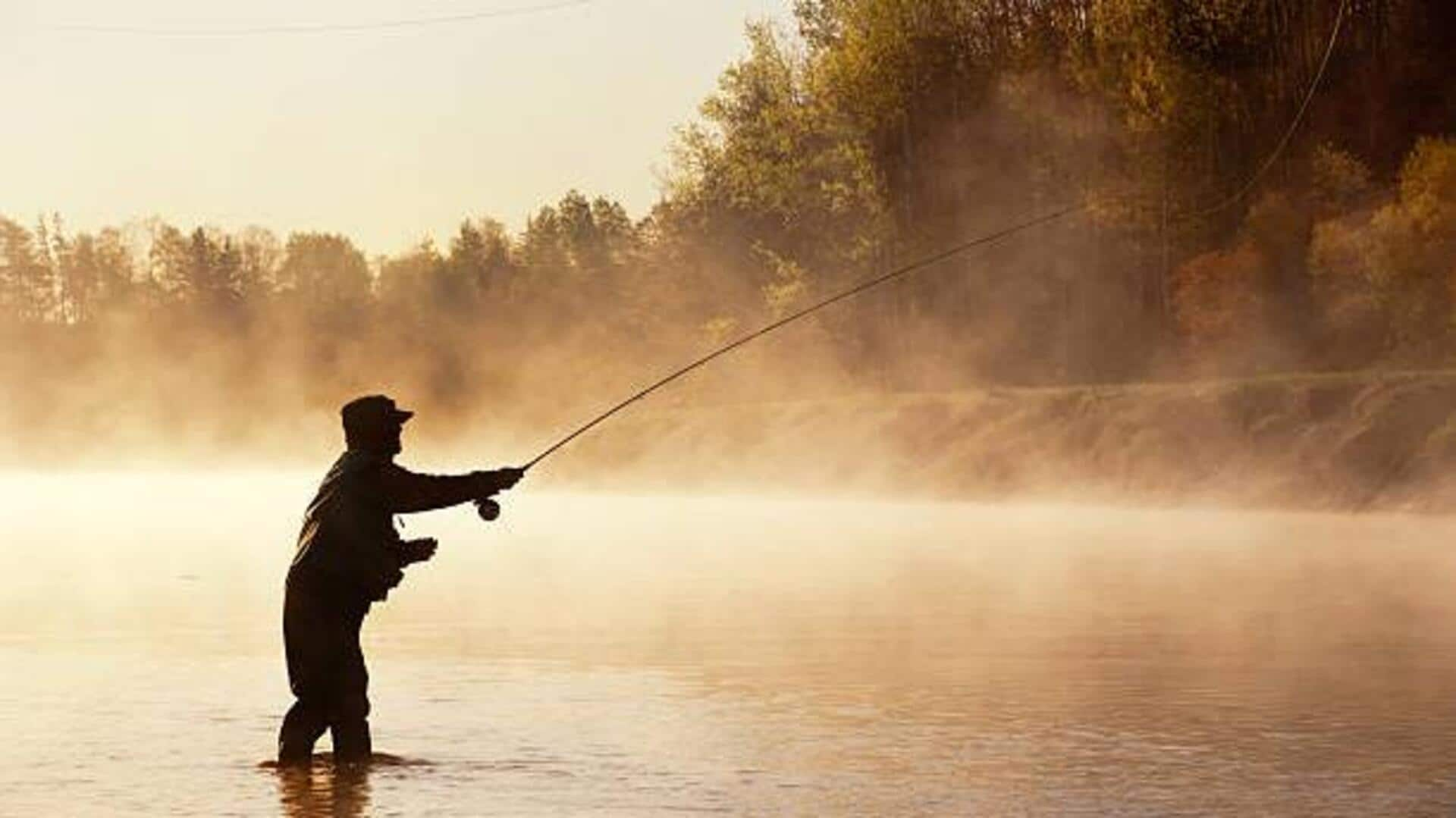
Fly-fishing in Patagonia: Tips, tricks, and must-knows
What's the story
Fly-fishing in Patagonia ensures a one-of-a-kind adventure for those who crave solitude and untouched nature. The remote streams of this part of the world are famous for the pristine waters and plentiful fish, making it the ideal place for fly-fishing enthusiasts. With stunning landscapes and tough fishing conditions, Patagonia offers an experience like no other and attracts anglers from across the globe. Here's all you need to know about fly-fishing in this incredible destination.
Gear selection
Choosing the right equipment
Selecting appropriate gear is crucial when fly-fishing in Patagonia's remote streams. Anglers should opt for lightweight rods and reels suitable for casting in windy conditions. Waders are essential due to the cold water temperatures, while polarized sunglasses help spot fish beneath the surface. A variety of flies should be included to match local insect hatches, increasing your chances of success.
Fish knowledge
Understanding local fish species
Patagonia is home to many fish species, including brown trout and rainbow trout, that attract fly-fishers. Knowing their behavior patterns can increase your chances of fishing success. These species tend to occupy different parts of the stream based on temperature and the availability of food. Observing these factors helps you choose the best fishing spots.
Access tips
Navigating remote locations
Reaching remote streams involves planning, considering the limited accessibility. Many areas can only be reached by foot or horseback, so you need to be prepared and know how to navigate. Carry maps or GPS devices to avoid getting lost in unfamiliar terrain. You can also hire locals familiar with the area to provide valuable insights into hidden fishing spots.
Weather preparedness
Adapting to weather conditions
Weather in Patagonia is unpredictable, and sudden changes are common throughout the day. Anglers should dress in layers to adapt quickly to changing temperatures, and pack rain gear as a precaution against unexpected showers. Keeping an eye on forecasts before heading out ensures better preparedness for any conditions encountered during the trip.